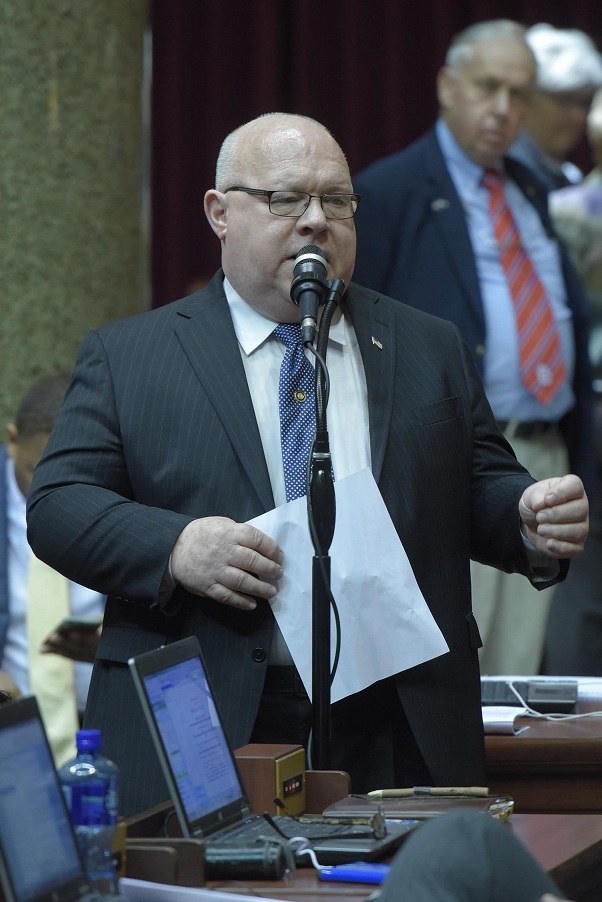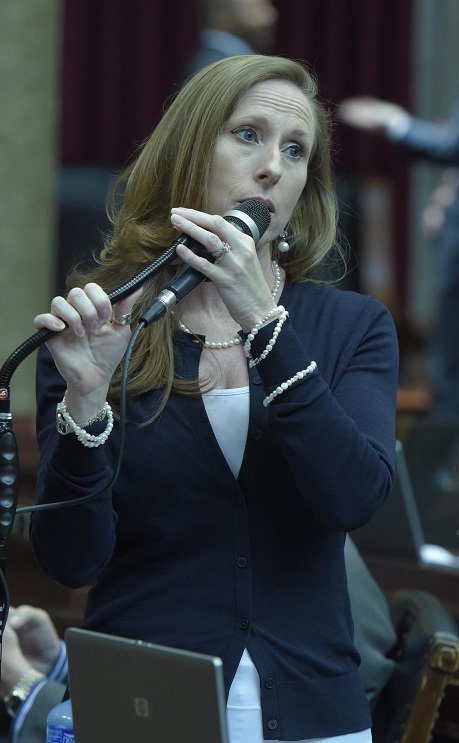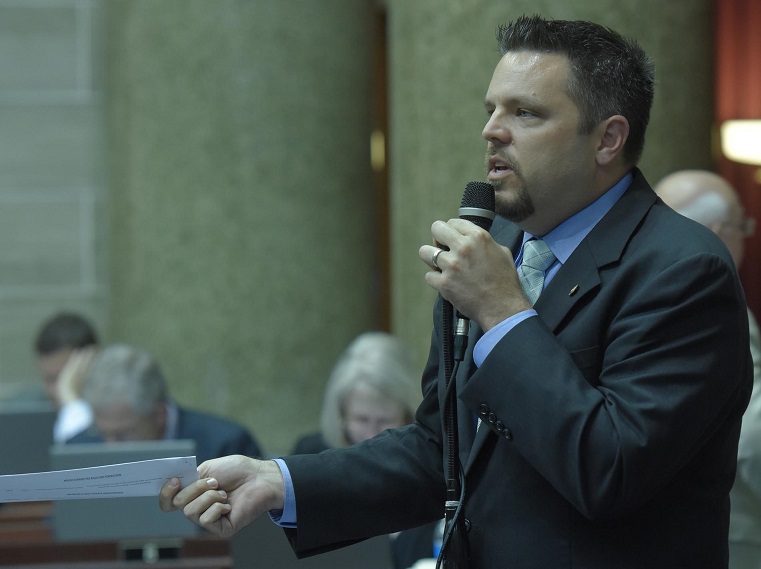After roughly a decade of legislative consideration, the Missouri legislature has voted to create a statewide prescription drug monitoring program (PDMP).

The program would consolidate information on the prescription of controlled substances so that pharmacists and physicians can identify those who might be dealing with addiction. The House approved the bill, Senate Bill 63, 91-64, sending it to Governor Mike Parson (R). Parson has signaled support for a PDMP.
If SB 63 becomes law it would make Missouri the last state in the nation to enact a statewide PDMP. More than 80-percent of the state is covered by a PDMP that began in St. Louis County a number of years ago. This would replace that plan and have different requirements for the sharing of data.
PDMPs are intended to identify and flag the practice of “doctor shopping,” when individuals go to multiple doctors and multiple pharmacists seeking to accumulate a large supply of a drug in order to abuse or sell it. Supporters say the program will save lives and help get those with addictions into treatment.
“Every law enforcement person I talked to, every doctor says it will prevent deaths in the future, and if you can prevent just one person from dying I think that means something. I think this will prevent hundreds, if not thousands,” said Representative Travis Smith (R-Dora), who carried the bill in the House.
Opponents say PDMPs will create a database of Missourians’ private medical information which the government shouldn’t have. Lake St. Louis representative Justin Hill, a former undercover drug enforcement officer, said PDMPs haven’t worked in other states and the one based in St. Louis County isn’t working.

“This has dire consequences. The death rate in St. Louis County has actually increased because people are pushed away from pharmacies to buy their narcotics, which they are addicted to, on the street. If you truly care about the lives of people that are addicted to these drugs then you want them to be discovered at the pharmacy. You want them to doctor shop,” said Hill. “You turn down that person at a doctor’s office or pharmacy, they’re still going to get their drug.”
Smith said he’s heard those concerns, and if the bill becomes law he intends to monitor the impact of a PDMP in Missouri. If it doesn’t work he will work to fix or eliminate it.
“My argument to those people is this: most heroin users did not start off as heroin users. They had some kind of prescription for the opioid. They get the opioid and because there wasn’t a monitoring program they got too much of it. They got addicted,” said Smith. “My idea is, if we can work with doctors and pharmacists and monitor it, we can catch it before it ever happens.”
The bill passed the House with mostly Democratic support, with around 30 Republicans voting in favor. Representative Tracy McCreery (D-St. Louis) has been in favor of a PDMP throughout her 8-year legislative career.
She credited Senator Holly Rehder (R-Sikeston), who has sponsored and pushed for passage of a program through most of her 8 years in the House, and was the sponsor of SB 63.
Proponents say under SB 63, Missourians’ medical information will only be available to doctors and pharmacists.

















